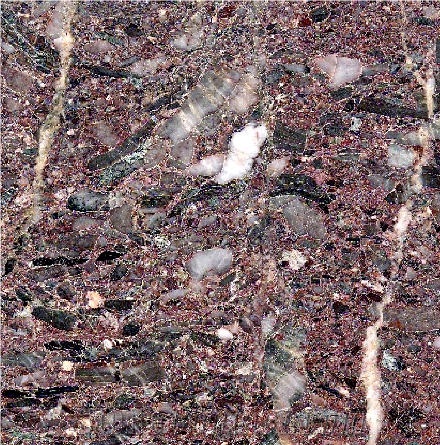Melser Schiefer Conglomerate
 Switzerland
(Mels, Wahlkreis, Sarganserland, Seeztal, St. Gallen)
Switzerland
(Mels, Wahlkreis, Sarganserland, Seeztal, St. Gallen)
Melser Schiefer Conglomerate is a kind of red conglomerate quarried in Switzerland. This stone is especially good for Building Ornaments, Flagstone,Coping, Pavers, Slabs, Sculptures, Window Sills, Stairs and other design projects. It also called Melser Conglomerate Stein, Melserschiefer Conglomerate, Melserstein Conglomerate, Melserstein Rot Conglomerate,Melser Conglomerate . Melser Schiefer Conglomerate can be processed into Sawn cut, Honed, Natural, Split, river worn, feature rocks and so on.

Can Switzerland's Melser Schiefer Conglomerate be used outdoors?

Is Switzerland's Melser Schiefer Conglomerate an expensive stone?

Can Switzerland's Melser Schiefer Conglomerate be used in a bathroom?

What is the coefficient of friction of Chiseled Switzerland's Melser Schiefer Conglomerate tiles?

Can Switzerland's Melser Schiefer Conglomerate be used in heavy use areas?

How thick is Switzerland's Melser Schiefer Conglomerate slabs?

Can Switzerland's Melser Schiefer Conglomerate be used exterior applications in cold climates?

Are there color variations of Switzerland's Melser Schiefer Conglomerate?
The request includes: 1. surface finished, size 2. quantity required







